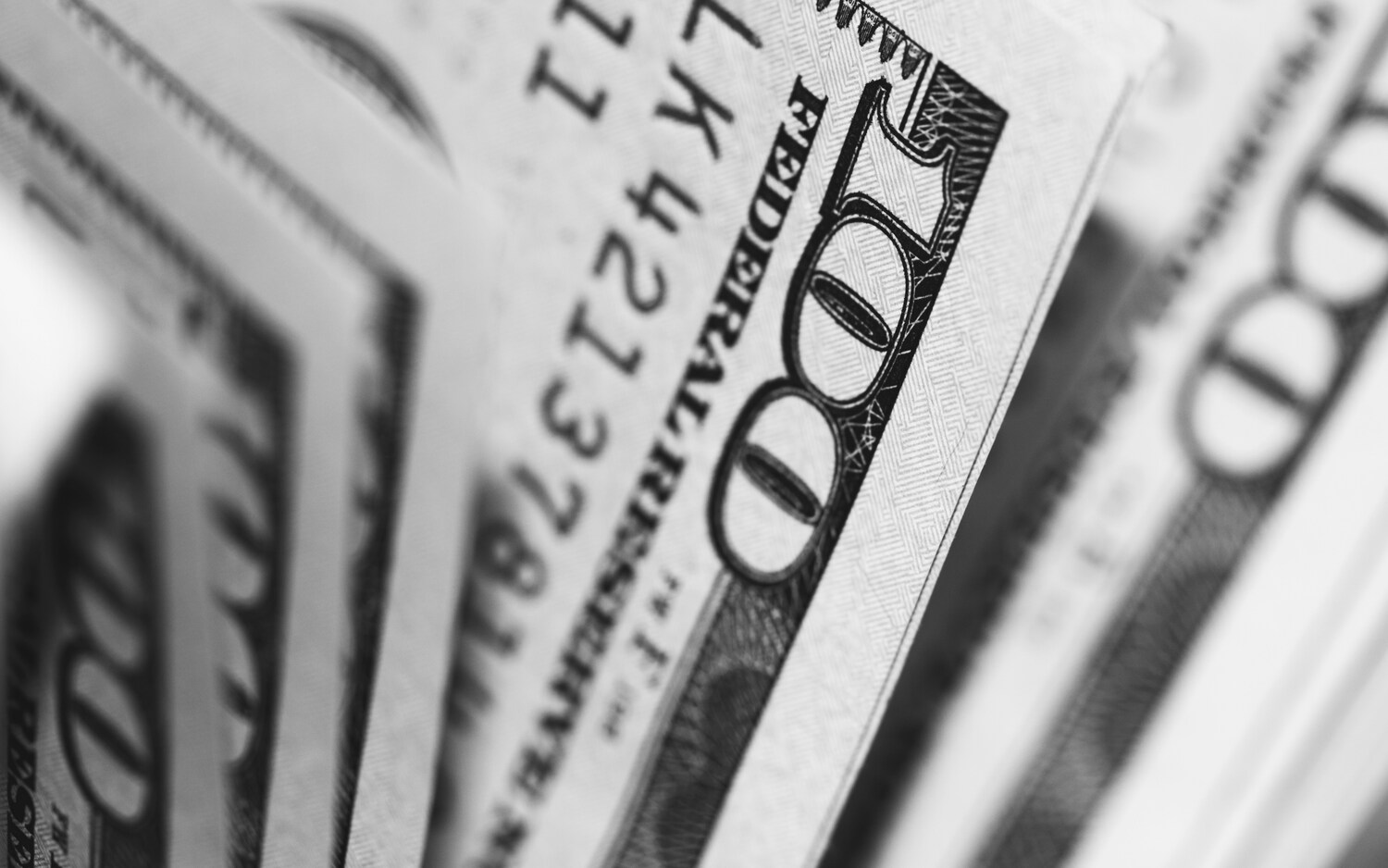When you deposit money into a bank account, it doesn’t just sit in a vault waiting for you to use it. In fact, while you’re asleep, your bank is often busy moving your money in ways you may not realize. The modern banking system doesn’t require banks to keep all your cash on hand. Instead, they’re permitted, and even encouraged, to use your money to make more money.
Through a process known as fractional reserve banking, financial institutions only have to keep a small percentage of deposits available in reserve. The rest can be loaned out, invested, or shuffled between accounts. These decisions are typically automated, handled overnight by high-frequency trading systems, lending algorithms, or interbank transfers. It’s all legal—and it’s all happening while you sleep.
This system helps banks generate profits and keep interest rates relatively low. But it also creates a dynamic where your money isn’t quite as “yours” as you might think during the off-hours.
The Fractional Reserve System: A Quiet Power Move
The concept of fractional reserve banking is often misunderstood. In practice, banks are allowed to lend out a significant portion of their customers’ deposits, keeping just a fraction—sometimes as little as 10%—on hand. That means if you deposit $10,000, the bank might only keep $1,000 in accessible funds, using the rest for mortgages, business loans, and other investments.
The rationale? Not everyone needs their money at the same time. And statistically, this works…until it doesn’t. If too many people try to withdraw their funds at once (a “bank run”), the system can falter. That’s why banks are also required to meet specific liquidity requirements and maintain access to emergency lending from the Federal Reserve.
What’s less obvious to many consumers is that this lending, investing, and repurposing of your deposits doesn’t pause at night. Your money might be helping finance someone else’s mortgage or a short-term investment in overseas markets while you sleep peacefully. You’re not earning much from it, but the bank likely is.
Overnight Sweeps: When Your Balance Takes a Detour
Some banks use a practice called “overnight sweep accounts” to manage customer deposits. Here’s how it works: excess balances from checking accounts are “swept” into temporary investment accounts at the end of each business day. These are often money market instruments or repurchase agreements (repos) that earn the bank a return overnight.
By morning, the funds are quietly returned, and most customers never notice the brief detour. But these sweeps can add up to billions in passive earnings for banks each year. And the interest accrued? It goes to the institution, not to you.
While sweep accounts are legal and often disclosed in the fine print, the average account holder rarely understands how these nightly moves work. It’s your money, but the bank is the one leveraging it for overnight profits.
How Much Control Do You Actually Have?
When you entrust your money to a bank, you’re technically making the bank a debtor and yourself a creditor. Your account balance becomes a liability for the bank, one they’re obligated to repay on demand. But while that may sound secure, it also means your funds become part of the bank’s operational pool.
And since banks are regulated and insured by the FDIC (up to $250,000 per depositor per account type), many consumers assume their money is 100% safe. But FDIC insurance only applies if the bank fails, not if your funds are mismanaged, frozen due to suspicion, or siphoned off in service fees or interest-free use by the bank.
This is why some people choose to diversify their holdings across multiple banks or move a portion of their assets into less liquid—but more secure—forms such as U.S. Treasuries or credit union CDs.

Can You Earn More by Playing the Same Game?
Ironically, while your bank is putting your money to work overnight, you’re probably earning a paltry 0.01% to 0.10% in a standard savings account. Meanwhile, the same funds might be generating 4%–6% in short-term lending markets or repurchase agreements for the bank. So, how can you benefit instead of being left behind?
Consider moving a portion of your cash into high-yield savings accounts, money market accounts, or certificates of deposit (CDs) that offer better returns. These options typically come with slightly more restrictions, but they can ensure your money earns a share of what banks are already making off you.
Some consumers are even opting for Treasury-backed savings vehicles or brokerage cash management accounts, which offer liquidity with higher yields and added protections. The key is to stop letting your money sleep while the bank stays up all night using it.
When Banks Get Creative and You Pay for It
The nighttime activities don’t end with lending and investing. Banks may also initiate automated fee assessments, balance reshuffling, or batch transaction processing after business hours. These operations are often programmed to maximize fee collection.
For instance, a common practice known as transaction reordering processes your largest debits first—even if they occurred later in the day—leading to multiple overdraft charges instead of just one. Some lawsuits have challenged this practice, but many banks still quietly use variations of it to boost fee revenue.
And these decisions often happen in the wee hours, when no one is watching.
What You Can Do to Stay Informed and Protected
You may not be able to stop banks from using your money to generate revenue, but you can minimize how much they profit at your expense. Start by:
-
Reviewing your account terms and conditions.
-
Asking whether your account is subject to overnight sweeps.
-
Moving idle funds to higher-yield alternatives.
-
Setting up transaction alerts to track your money.
-
Reading monthly statements for unexpected fees.
Also, consider spreading your funds across multiple accounts or institutions, especially if you regularly carry balances above FDIC insurance limits. And if your money habits have changed in retirement, don’t assume your accounts are still working for you—reevaluate them regularly.
You’re a Silent Partner, But You Don’t Have to Stay Silent
Banks rely on your silence—and your savings—to turn a profit. While they’re staying busy with your deposits at night, you’re missing out on opportunities to make that money work for you instead. The modern banking system is structured so that customer deposits fuel lending, investment, and profits. But that doesn’t mean you have to accept the role of silent partner without benefits.
It’s your money. You earned it. Maybe it’s time to take back a little more control of how it’s used, whether you’re awake or not.
Are you letting your money work harder for the bank than it does for you, or is it time to change the game?
Read More:
6 Situations Where Banks Can Freeze Your Account Without Telling You
How Central Bank Interest Rates Affect Your Savings Account and Emergency Fund Growth
Riley Jones is an Arizona native with over nine years of writing experience. From personal finance to travel to digital marketing to pop culture, she’s written about everything under the sun. When she’s not writing, she’s spending her time outside, reading, or cuddling with her two corgis.
Read the full article here
















